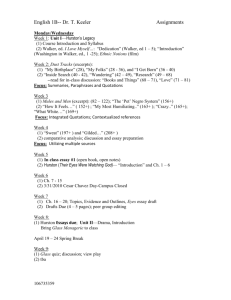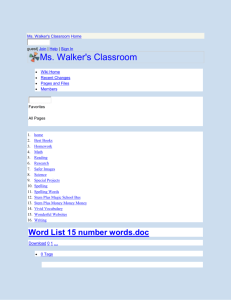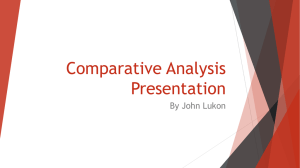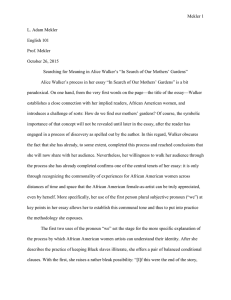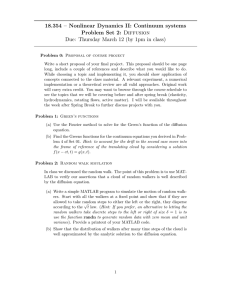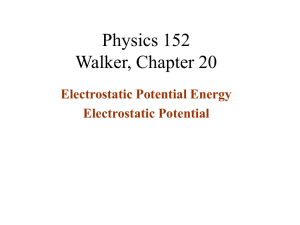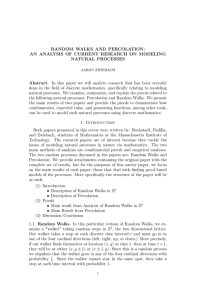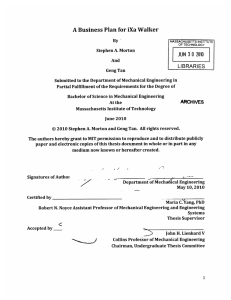Celia Watson Reaction paper on Walker Whitman
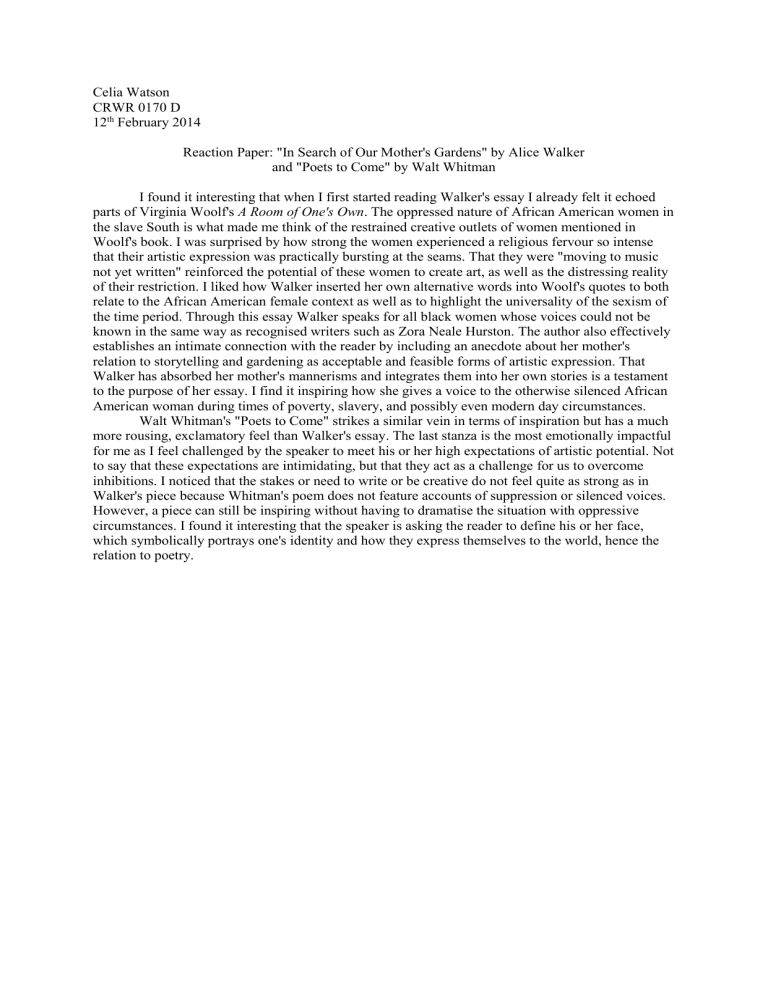
Celia Watson
CRWR 0170 D
12 th February 2014
Reaction Paper: "In Search of Our Mother's Gardens" by Alice Walker and "Poets to Come" by Walt Whitman
I found it interesting that when I first started reading Walker's essay I already felt it echoed parts of Virginia Woolf's A Room of One's Own . The oppressed nature of African American women in the slave South is what made me think of the restrained creative outlets of women mentioned in
Woolf's book. I was surprised by how strong the women experienced a religious fervour so intense that their artistic expression was practically bursting at the seams. That they were "moving to music not yet written" reinforced the potential of these women to create art, as well as the distressing reality of their restriction. I liked how Walker inserted her own alternative words into Woolf's quotes to both relate to the African American female context as well as to highlight the universality of the sexism of the time period. Through this essay Walker speaks for all black women whose voices could not be known in the same way as recognised writers such as Zora Neale Hurston. The author also effectively establishes an intimate connection with the reader by including an anecdote about her mother's relation to storytelling and gardening as acceptable and feasible forms of artistic expression. That
Walker has absorbed her mother's mannerisms and integrates them into her own stories is a testament to the purpose of her essay. I find it inspiring how she gives a voice to the otherwise silenced African
American woman during times of poverty, slavery, and possibly even modern day circumstances.
Walt Whitman's "Poets to Come" strikes a similar vein in terms of inspiration but has a much more rousing, exclamatory feel than Walker's essay. The last stanza is the most emotionally impactful for me as I feel challenged by the speaker to meet his or her high expectations of artistic potential. Not to say that these expectations are intimidating, but that they act as a challenge for us to overcome inhibitions. I noticed that the stakes or need to write or be creative do not feel quite as strong as in
Walker's piece because Whitman's poem does not feature accounts of suppression or silenced voices.
However, a piece can still be inspiring without having to dramatise the situation with oppressive circumstances. I found it interesting that the speaker is asking the reader to define his or her face, which symbolically portrays one's identity and how they express themselves to the world, hence the relation to poetry.
